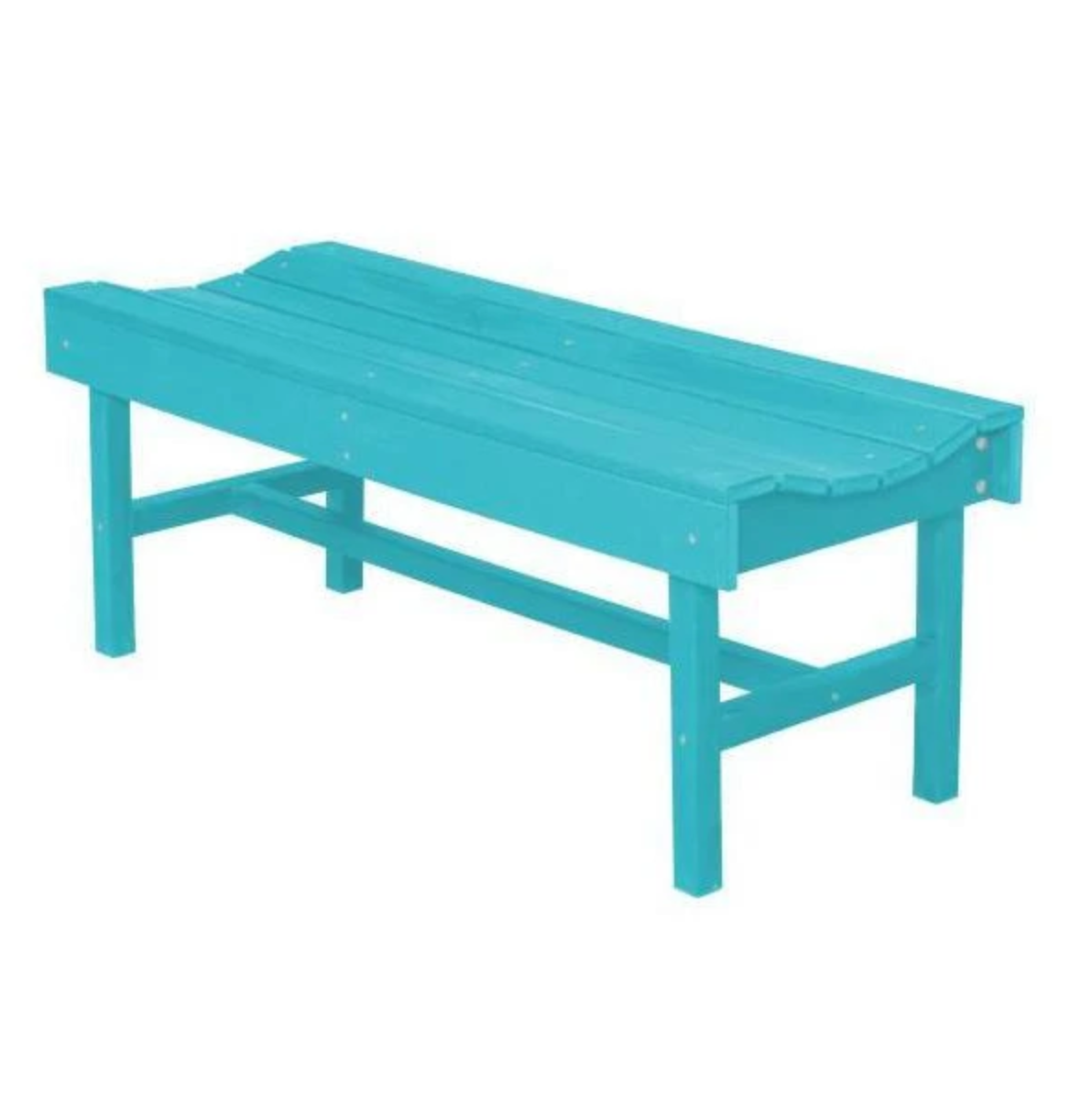Your Cart is Empty
FREE SHIPPING ON EVERY ORDER
Menu

FREE SHIPPING ON EVERY ORDER
Swings
Benches
Tables & Chairs
Home & Garden
Understanding The Language Of Canadian Real Estate Before You Decide To Buy
Before jumping into the Canadian housing market, it’s essential to grasp the specific terminology, legal frameworks, and market indicators that shape the real estate landscape across provinces. From British Columbia’s “Strata Title” to Ontario’s “Freehold” systems and Quebec’s unique civil code, each region operates under slightly different rules, taxes, and terminologies that can affect everything from mortgage requirements to property rights.
Photo by Hermes Rivera on Unsplash
Understanding these foundational concepts not only empowers buyers to ask the right questions but also helps avoid costly surprises down the line. Here's what you need to know to navigate Canadian real estate with confidence.
Core Ownership Types And What They Mean
Before signing anything, buyers must understand the real-estate frameworks that define ownership in Canada.
Freehold Ownership
Freehold is the most common type of ownership across Canada, especially in suburban and rural areas. With freehold, you own both the land and the structure outright, without any shared responsibility for maintenance or common areas.
This is ideal for those seeking full autonomy over their property, but it also means you’re responsible for all upkeep, property taxes, and municipal regulations. It's the go-to option for detached homes and often comes with higher entry costs due to the land value component.
Condominium (Strata) Ownership
Condominium ownership is increasingly popular in urban areas like Toronto, Vancouver, and Montreal. In this setup, you own your individual unit (interior space) but share ownership of common areas—such as lobbies, pools, elevators, and hallways—with other unit owners. In B.C., this is referred to as a “Strata.”
Monthly condo fees cover shared maintenance costs and a contribution to the building’s reserve fund. Knowing whether the condo corporation is well-managed is critical, as special assessments (unexpected repair costs) can impact your budget drastically.
Leasehold Properties
Less common but still relevant, leasehold properties mean that you own the building but lease the land it’s built on—often from a municipality, university, or Indigenous group. This arrangement is more typical in areas like Vancouver’s False Creek.
While upfront prices may seem attractive, lease renewals and escalating ground rents can become a financial burden over time. Lenders also may be more hesitant to approve long-term mortgages on leasehold properties.
Common Financial Terms And Taxes You’ll Encounter
Real estate transactions in Canada come with a set of financial vocabulary that is critical to budgeting correctly.
Mortgage Stress Test
The mortgage stress test is a federal requirement designed to ensure buyers can afford future interest rate hikes. Introduced in 2018 and updated since, it requires that borrowers qualify at a rate higher than their actual mortgage—either the Bank of Canada’s benchmark rate or the lender's rate plus 2%, whichever is greater. This reduces borrowing power and can significantly impact what you’re approved to buy.
Land Transfer Tax (LTT)
Every province charges a land transfer tax (except Alberta and Saskatchewan, which charge smaller fees). Ontario, British Columbia, Manitoba, and Quebec have particularly high LTT rates. Toronto has a double LTT—one provincial and one municipal. First-time homebuyers may qualify for partial or full rebates, so it's vital to investigate this before budgeting for closing costs.
CMHC Insurance
If your down payment is less than 20% of the home’s purchase price, you'll need mortgage default insurance through the Canada Mortgage and Housing Corporation (CMHC) or a private insurer. This protects the lender in case of borrower default but adds a premium (typically 2.8% to 4% of the loan) to your mortgage. It’s rolled into your monthly payments and can significantly impact affordability.
Photo by Alex Shutin on Unsplash
Regional Nuances That Affect Your Purchase
Canada’s real estate vocabulary shifts subtly across provinces—understanding these differences can make or break your deal.
Quebec’s Civil Law And "Offer To Purchase"
Unlike the rest of Canada, which follows common law, Quebec operates under civil law. This influences terminology, documentation, and legal responsibilities. For example, buyers submit an “Offer to Purchase” instead of the standard “Agreement of Purchase and Sale,” and notaries—not lawyers—handle the legal closing process. The use of dual-agency is also restricted, and sellers are required to disclose a “Declaration of the Seller” outlining known defects.
British Columbia’s “Strata” And Depreciation Reports
In B.C., condominiums are governed under the Strata Property Act, and buildings are often managed by Strata Corporations. These corporations must provide depreciation reports that forecast repair needs and funding over a 30-year period. Reviewing these documents gives insight into future financial obligations, potential fee increases, and overall building health—critical for avoiding surprise special assessments.
Ontario’s Title Insurance And Tarion Warranty
Title insurance is commonly used in Ontario to protect buyers from unknown title issues such as fraud, unpaid taxes, or zoning non-compliance. Meanwhile, newly built homes in Ontario come with a TARION Warranty, covering defects in workmanship, major structural issues, and delayed closings. Understanding what is and isn’t covered can prevent costly repair bills during the early years of ownership.
Agent Agreements And Representation
Navigating agent relationships correctly requires an understanding of how representation works in Canada.
Buyer Representation Agreement (BRA)
Signing a Buyer Representation Agreement (BRA) formalizes your working relationship with a real estate agent. It outlines the agent’s duties, your obligations, and how they’re compensated (typically from the seller’s commission). While not mandatory, a BRA clarifies that the agent is legally required to work in your best interest. Without one, agents owe duties to the seller, not the buyer.
Dual Agency Vs Designated Agency
In some provinces, dual agency—where a single agent represents both buyer and seller—is permitted but controversial due to potential conflicts of interest. B.C. banned this practice in most cases. In designated agency, two different agents from the same brokerage represent the buyer and seller independently, which helps maintain confidentiality while streamlining the transaction.
Commission Structures
Real estate commission is negotiable but often sits around 5% of the sale price, split between buyer’s and seller’s agents. In hot markets, some sellers offer lower commissions or “flat fee” models, while buyers occasionally pay for extra services. Knowing what you’re paying for—and ensuring the contract outlines all services—can help avoid hidden costs or unmet expectations.
Photo by Guillaume Jaillet on Unsplash
Wrapping Up
The Canadian real estate market is shaped by a unique blend of federal regulations, provincial legal systems, and evolving financial norms. While the listings may look familiar at first glance, the terminology—and its implications—can vary significantly depending on where you’re buying.
Also in News
US
United States
Feb 13, 2026 20:00
Product Tag :
Product Collection :
×




















































